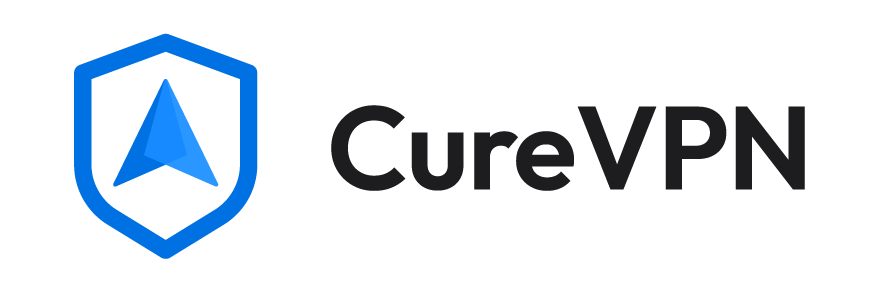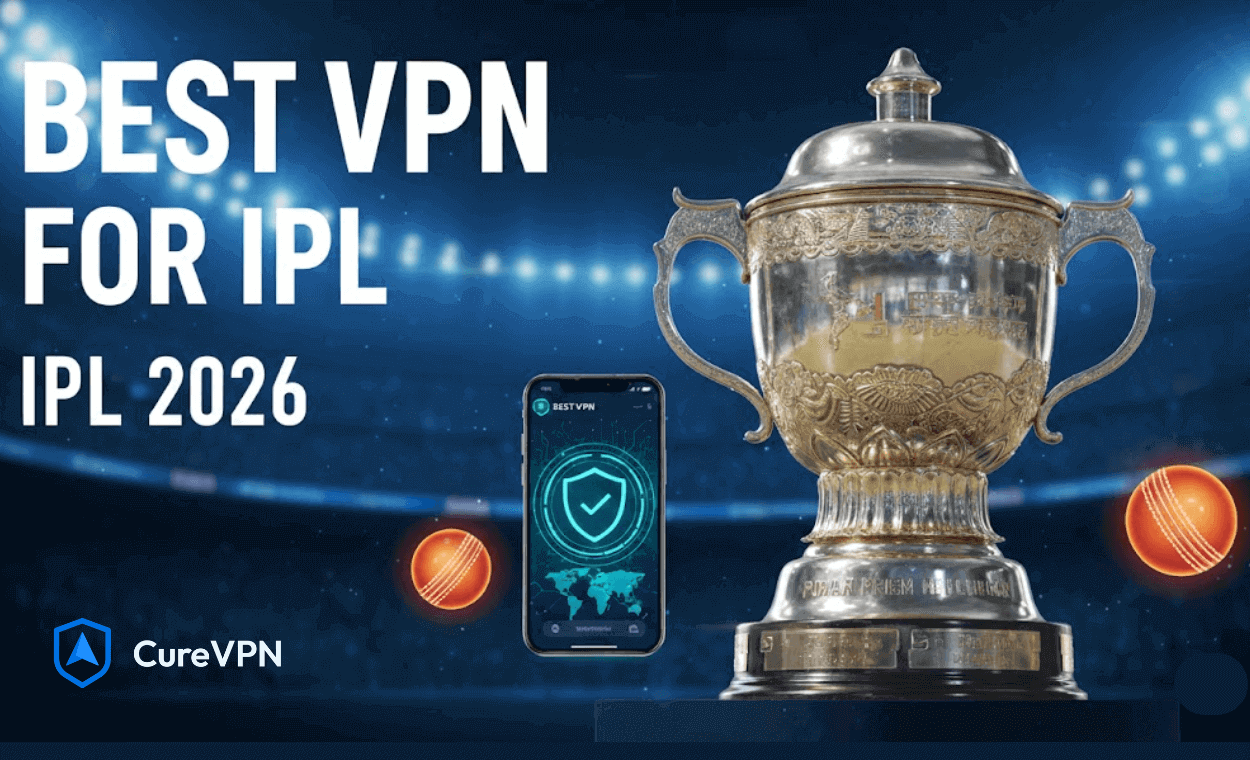VPN advertising on Google is notoriously tricky. Between strict ad policies, compliance restrictions, and the constant battle to maintain trust and credibility, VPN marketers often find themselves walking a tightrope.
Now, with the rollout of Google Ads’ new Text Guidelines, VPN advertisers finally have more control — especially over AI-generated ad copy.
Whether you’re promoting privacy tools, VPN subscriptions, or affiliate campaigns, this update can help you balance automation and compliance without losing your brand voice.
Let’s explore how VPN brands can leverage this new feature to write safer, smarter, and more effective Google Ads.
What the Text Guidelines Feature Does
The Google Ads Text Guidelines feature gives you control over how Google’s AI generates ad copy within your campaigns.
When you enable Text Customization, Google’s AI can help write headlines and descriptions. The new Guidelines option allows you to steer that AI output — defining tone, message boundaries, and compliance rules.
For VPN advertisers, this means:
✅ No more random or risky ad headlines
✅ Brand-safe, policy-compliant AI copy
✅ Consistent messaging across campaigns
Example:
If you run CureVPN or RedGuardian VPN, you can guide the AI to use secure, compliant phrasing such as:
- “Protect your online privacy”
- “Access content securely from anywhere”
- “Encrypt your connection with one tap”
And prohibit risky claims like:
- “Total anonymity guaranteed”
- “Unblock anything anywhere instantly”
This small feature can save VPN marketers from policy violations, ad disapprovals, and brand inconsistency.
Why It Matters for VPN Advertisers
VPN companies operate in one of the most restricted ad niches on Google. AI-generated copy, while efficient, can easily cross lines — triggering policy flags around misleading claims, restricted content, or privacy guarantees.
Here’s why Text Guidelines are a game-changer for VPN advertisers:
1. Policy Compliance
Google’s policies forbid misleading or exaggerated privacy claims.
Text Guidelines let you pre-set acceptable phrases, ensuring AI copy stays compliant.
2. Consistent Brand Messaging
VPN brands emphasize trust, speed, and security — but not all AI outputs reflect that accurately.
Guidelines help lock in tone (professional, reliable, protective).
3. Localization Control
If you run VPN campaigns in multiple countries, you can specify language nuances (e.g., “secure browsing” vs. “private access”) without confusing audiences.
4. Reduced Disapproval Rate
AI-generated assets often get disapproved for words like “anonymous browsing” or “access blocked sites.”
By setting boundaries, you drastically cut ad rejections.
How to Set Up Text Guidelines for VPN Campaigns
✅ Step 1 — Enable Text Customization
Go to your Google Ads campaign → Settings → Enable Text Customization.
✅ Step 2 — Access Text Guidelines
Find the Guidelines option under asset customization. (Feature is rolling out gradually.)
✅ Step 3 — Add Brand Rules
For VPN brands, define rules such as:
Allowed Tone:
- Secure
- Professional
- Empowering
Required Phrases:
- “Protect your privacy online”
- “Encrypt your connection”
- “Access safely from anywhere”
Prohibited Terms:
- “100% anonymity”
- “Unblock all sites”
- “Unlimited streaming”
- “Government-proof browsing”
Compliance Phrases:
- “Terms apply”
- “Conditions may vary by region.”
✅ Step 4 — Generate AI Assets
Let the AI produce headlines, CTAs, and descriptions using your rules.
✅ Step 5 — Review Before Publishing
Manually approve every AI-generated suggestion to ensure policy safety.
Real-World Use Cases for VPN Advertisers
1. CureVPN – Brand Safety and Regional Sensitivity
CureVPN operates across Middle Eastern markets, where ad content must stay neutral and compliant.
By using Text Guidelines, it can:
- Avoid restricted keywords (e.g., “bypass”)
- Maintain local tone sensitivity
- Focus on “secure access” instead of “unblocking”
2. RedGuard VPN – Simple & Direct Messaging for UAE Users
With a less tech-savvy audience, RedGuard VPN needs a simple copy.
Text Guidelines can enforce plain-language communication:
- “Stay connected with family on WhatsApp.”
- “Make clear, safe video calls”
- Avoid overly technical terms
3. Premium Global VPNs – Cross-Campaign Consistency
Brands like NordVPN or Surfshark can use global tone alignment:
- Same tone across English, Spanish, and Arabic campaigns
- Consistent message: “Private, Secure, Reliable”
Common Pitfalls to Avoid
❌ Over-restricting your rules
Too many prohibited terms can choke creative output and reduce ad variety.
✅ Solution: Start light, test performance, tighten gradually.
❌ Ignoring Policy Updates
VPN policy wording changes periodically — review Google’s latest ad guidelines quarterly.
❌ Skipping Manual Review
Even with guardrails, AI can misinterpret nuance. Always human-approved.
❌ Using “clickbait” calls-to-action
Avoid aggressive CTAs like “Access everything FREE!” — they trigger policy flags.
How This Shapes the Future of VPN Marketing
Google’s AI shift means that soon, AI will write more than half of ad assets across industries. For VPNs, this brings both opportunity and risk.
Text Guidelines are the bridge — allowing VPN marketers to scale faster without breaking trust or compliance.
Expect future updates to include:
- Brand-level tone templates
- Policy-safe keyword detection
- Multilingual tone adaptation
For VPN brands operating across restricted regions, this is the most important Ads update since Responsive Search Ads launched.
Conclusion & Action Plan
Google’s Text Guidelines feature is your VPN ad safety net — giving you creative speed without risking brand integrity.
Here’s how to start today:
- Enable Text Customization
- Add VPN-specific phrasing rules
- Ban risky claims and exaggerated terms
- Test your top-performing headlines
- Measure CTR, CPC, and policy status
With these controls, you can safely scale your VPN campaigns while maintaining brand trust and compliance.
Because in 2025, the best VPN marketers won’t just automate — they’ll automate responsibly.





